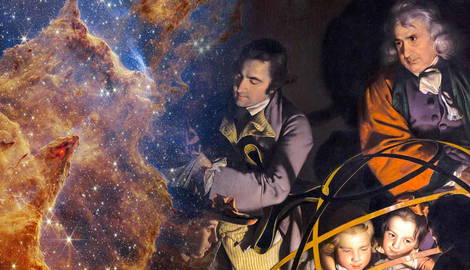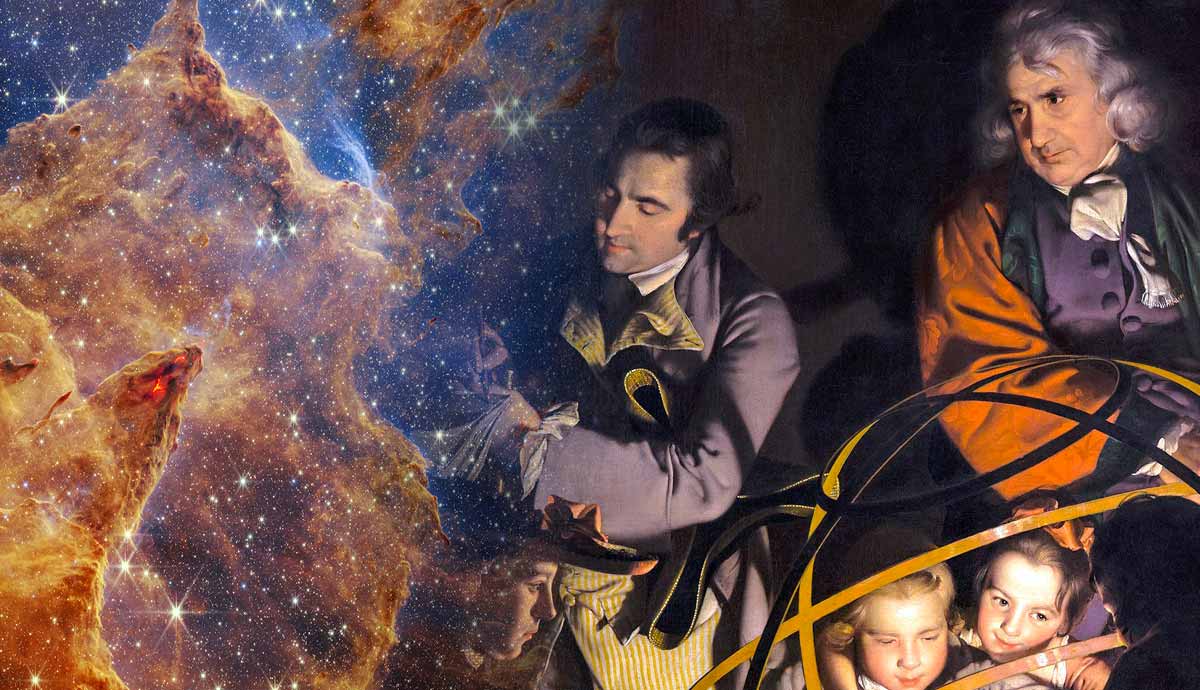
At its core, naturalism posits that only natural laws and forces operate in the universe. It rejects the supernatural, the realm of gods, spirits, and miracles that defy natural explanation. Instead, it proposes a universe governed entirely by discoverable, consistent laws. This and the assumptions that necessitate it can be said to underpin modern science.
Defining Naturalism

Naturalism can be seen as the core philosophical view of scientists serving as the justification for the scientific method. However, this is a bit simplistic. The scientific method is not a fixed set of rules but rather a pluralistic approach guided by general principles that vary across different fields of study. The majority of assumptions and methods are shaped in the individual fields. Naturalism contains rather the assumptions that any scientific method necessitates.
At its core, naturalism is the idea that only natural laws and forces operate in the universe. However, the definition of “natural” is not always clear-cut. Nature is often represented as the physical, but this is not quite right. Nature consists only of natural elements that exist in nature. While seemingly circular, this can be taken to be the substances and interactions we have observed and inferred, extending it to that of spatiotemporal physical elements like matter and energy, but also non-physical ones like that of mind, ideas, and numbers, just how these are related, whether physicalist, dualistic, or idealistic is ambivalent to naturalism.
Definition via Negativa

It is perhaps simplest to define it by what it is not—the supernatural, that which cannot be explained by natural law, like god, theistic beings, and mythological entities. We cannot observe them objectively as they have no causal interaction with the natural world. Rather, we cannot even conceive how they would interact with nature.
Then, nature is what is in the world, which makes it a weaker claim than physicalism. While we today tend to equate nature with physics, it does not have to be so. Nature could instead be a mental or a different non-physical substance or, together with the physical, this could still shape objective nature but in a different guise, making that which is outside of it the supernatural. In that way, nature remains most simply a negative definition.
Physicalism
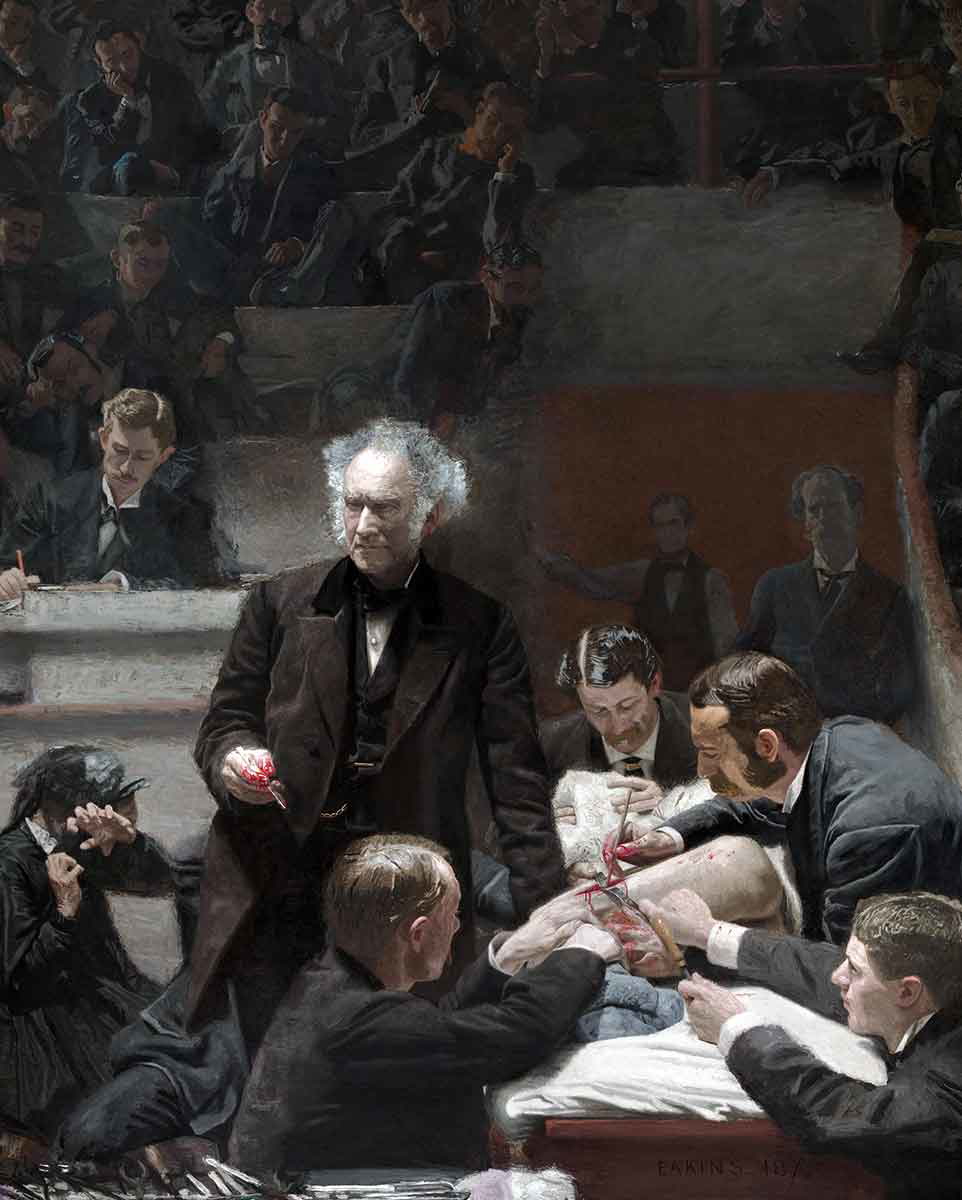
While not part of naturalism, it is the main way we currently conceive reality and, subsequently, nature, meaning it is part of contemporary naturalism.
Physicalism is mainly an ontological doctrine rather than methodological, so it does not harbor much importance for science outside of its relation to naturalism. Yet, it has been an assumption underpinning modern science’s direction and interpretation.
Physicalism is shaped by physics. According to David Papineau, the appeal of physicalism comes from the completeness of physics, the idea that physics provides a complete and comprehensive description of the physical world. Nature is a closed physical system that extends physicality to things like fields, forces, and energy.
From this, one can assert the metaphysical principle that anything that has a physical effect would necessitate a physical cause, called causal closure. The causal argument takes these facts to assert that there is nothing beyond the physical world.
This argument is incredibly strong because the only world-intervening non-physical event science would argue about is the mental, yet most still take it to be supervened upon or determined by the fundamentally physical to avoid this.
Problems Amid Causal Closure

This conception of physicalism essentially constrains nature to the physical—a “supernatural event” like energy breaking the laws of thermodynamics would either break physicalism or necessitate an update to its laws and so become natural.
However, without the causal closure assumption, physicalism has less of a leg to stand on. Its relation with naturalism is also circular. Causal closure presupposes naturalism and physicalism, which is a part of the argument for them.
This seemingly circular and unprovable metaphysical claim can be maintained only by being supported by natural laws—spatiotemporally consistent laws. Events that cannot be subsumed under these break naturalism.
Consistency
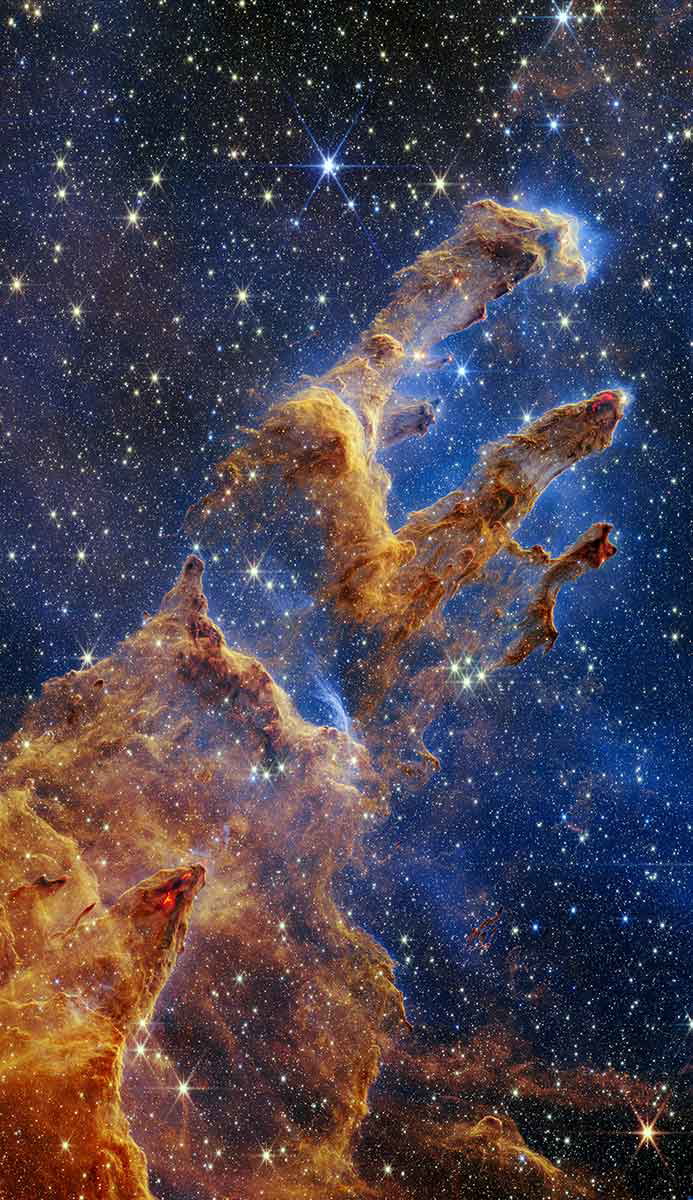
As natural laws require it to be upheld, the world is assumed to be spatiotemporally consistent. Natural laws are expected to operate in different spatiotemporal contexts, and past observations are assumed to be viable for predicting one in the future. Laws observed here should be extendable to the entire universe and its existence.
This allows us to assume the reproducibility of experiments. The natural laws we can observe in Hawaii should be observable in Tibet, which is what allows the claim for science’s objectivity. Different people in different places should produce the same result if the conditions the experiment is dependent on are the same.
While science has previously assumed the pure objectivity of observation and rational interpretation, it is not taken for granted today. This means that subjective biases, contexts, and tampering must also be considered and minimized to try and attain reproducible results. Removing or evening out of contexts gives us generalizability, so experiments operate, as much as possible, in a vacuum.
Science becomes more reproducible and consistent, which requires more knowledge to increase determination and specificity and decontextualize it as much as possible.
Quantum mechanics and mental states have only really challenged the assumption of consistency.
Shared Reality

This consistency of nature assumes that all rational observers share an objective reality that can be corroborated. This opposes views like epistemological idealism and solipsism, which deny that we can have any knowledge of reality outside of our minds.
This assumption is also inherent in physicalism. Denying it, while a viable alternative based on the primacy of the mental, is not an attractive philosophy in any practical sense or in simplicity.
This assumption has more philosophical opposition, as external reality is not seen as a sure thing based on everything having to be through our senses first. There is also the question of whether we can take what is not observable to be part of this reality, yet this does not really question the shared reality assumption itself.
Are Assumptions Unscientific?

It may seem unscientific to operate on assumptions, especially assumptions that are unprovable (yet not unfalsifiable). However, these assumptions are also the reason we can assume science can operate in the way we perceive it. This makes it circular, but there is also good empirical reason to believe them to be correct, even if they cannot be proven.
That all there is, is nature is unprovable, yet one instance of the supernatural falsifies it. While many believe in the supernatural, even amongst scientists, there is little reason to believe in it in pursuing knowledge, as it would operate outside of nature and is entirely unpredictable. Without any indication of the supernatural, in whatever form it would come in, it is better to collectively take the route of parsimony and accept the simpler solution that still explains all of reality.
This is why even scientists who are not ontological naturalists at least ascribe to methodological naturalism, even if it is paradoxical.
Support of Assumptions
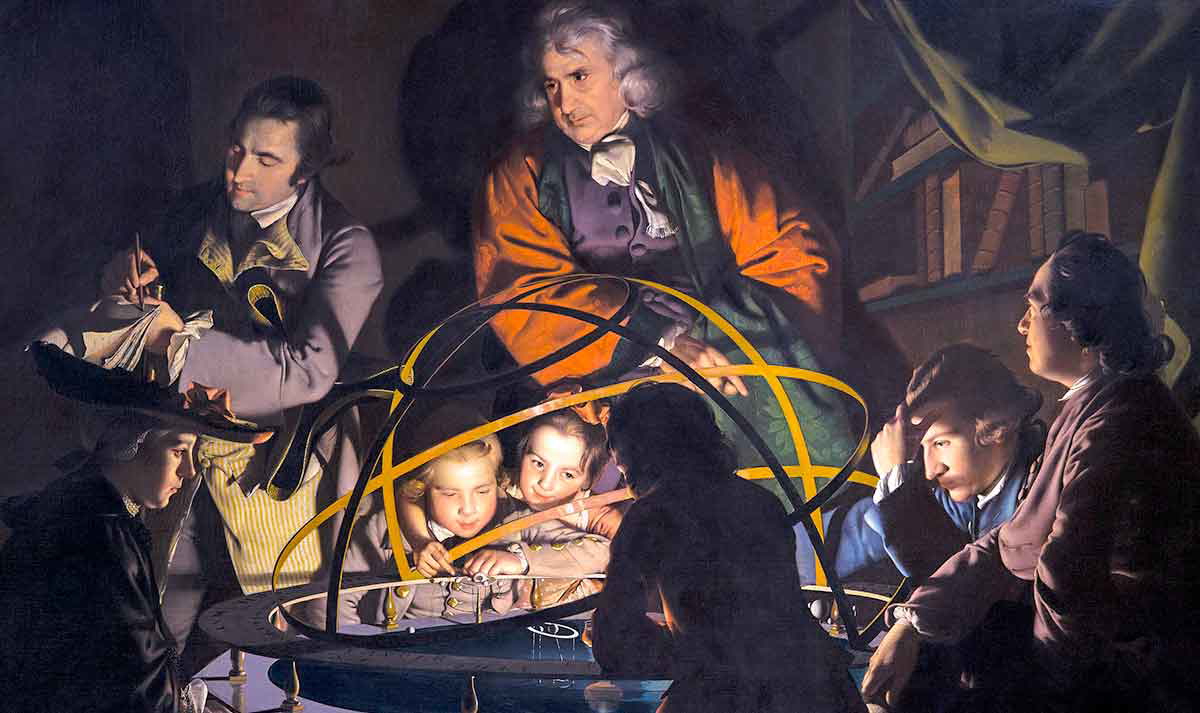
Science does not assume the truth of these assumptions—it is agnostic. Yet these assumptions are best guesses from and for our operable knowledge. They can be seen as a working hypothesis that cannot be proven, yet could be summarily falsified if they are wrong. Our history of continuously testing and corroborating assumptions supports them. This, together with its parsimony, makes it obvious to scientists.
While the criticism that science, which bases itself on empiricism and deduction, is based on that which is neither is unavoidable, it is also in bad faith. Every system has to have operable assumptions that cannot be proven as foundational knowledge. As long as the regularities of its assumptions are upheld, naturalism can be maintained by its own premises.
These assumptions are necessary for everything, not just science. The only other option is solipsism, where reality does not exist; it is entirely constructed by our mind. Yet even here, the mental impressions are regular and consistent, at least so far.
The strongest support for naturalism is its parsimony. It takes assumptions we tend to take as self-evident and uses them to explain the world through what we have observed, the regularities of the natural world. It takes our universe to be all that there is, entirely explained by the regularities of its nature.
Criticisms of Naturalism
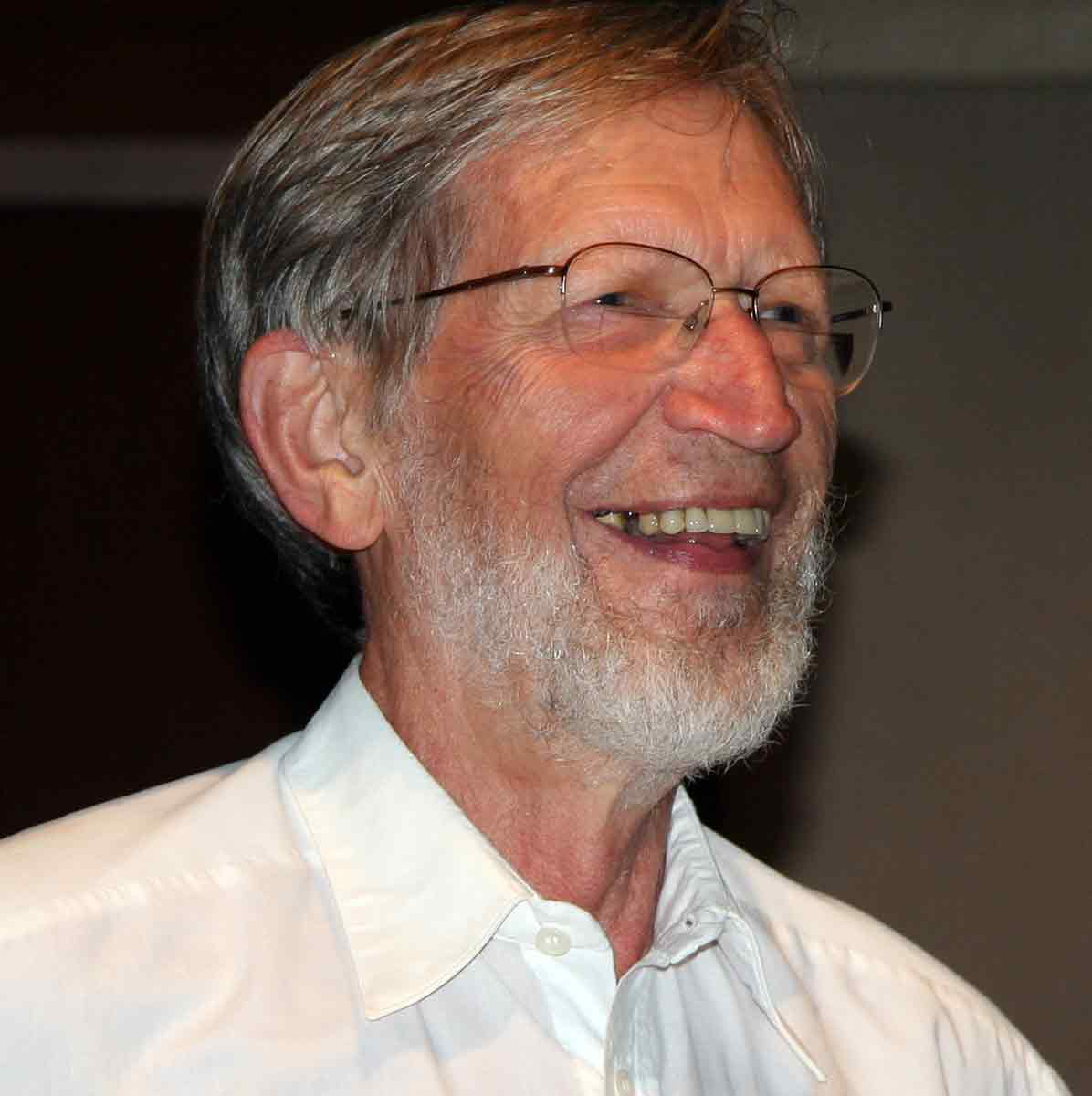
Most prolific in arguments specifically against naturalism is Alvin Plantinga, who developed the evolutionary argument against naturalism. This makes evolution and naturalism incompatible, making naturalism self-defeating when combined with evolution.
Our cognitive faculties evolved through unguided natural processes, and they are not guaranteed to be reliable. And as our beliefs are adapted based on survival and reproduction, they need not necessarily be true. He takes this to undermine our reason to trust our belief in naturalism (if we take evolution to be true), as their assumptions are shaped by an unreliable process. The foundation of naturalism undermines confidence in its truth.
The argument is not entirely surefooted in its assumptions of evolution’s aims and the probability of reliable cognitive faculties under naturalism, yet it highlights naturalism’s potential problems in its circularity.
Arguments against naturalism typically come from a theological perspective, arguing for intelligent design or worrying about the consequences of ontological naturalism, like the implication of a lack of free will and morality.
Though few argue against naturalism, even Plantinga mainly took his arguments against unguided evolution. Yet, it is certainly not inscrutable; the theory of causality is based on the laws of physics, the certainty of certainty, and even shared reality, which can all be attacked in their own rights and disproven by evidence. While it is underlaid by assumption and even is ontologically circular, it is not a dogmatic belief system.
Bibliography
Donahue, M. K. (2024). Methodological Naturalism, Analyzed. Erkenntnis. https://doi.org/10.1007/s10670-024-00790-y
Papineau, D. (2002). Thinking about consciousness. Clarendon Press ; Oxford University Press.
